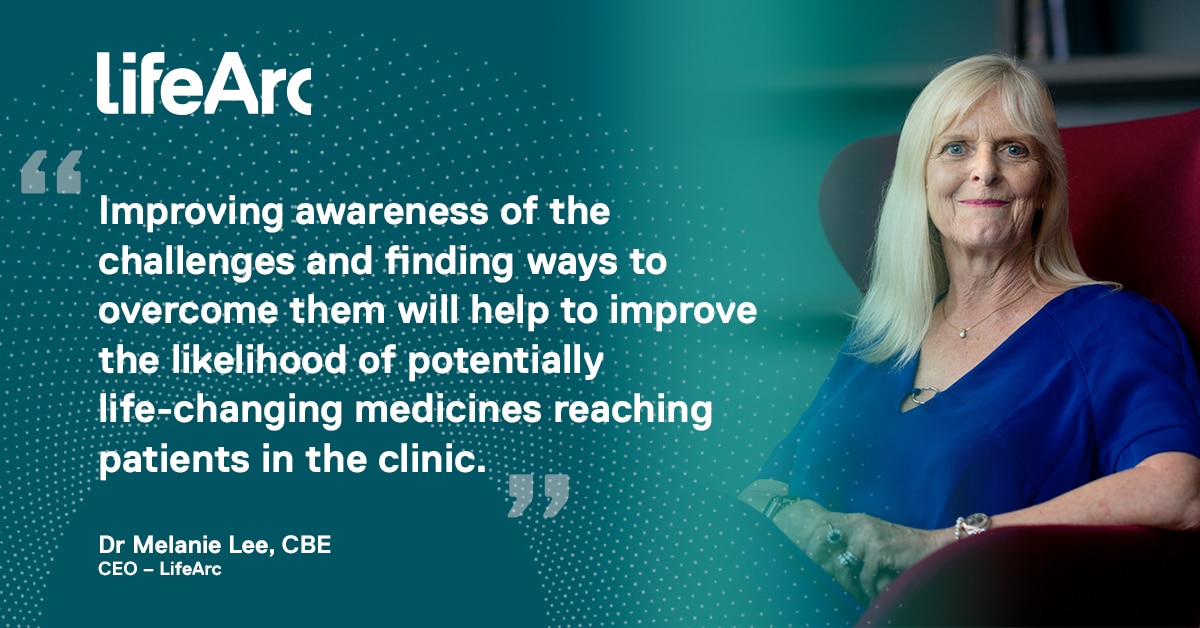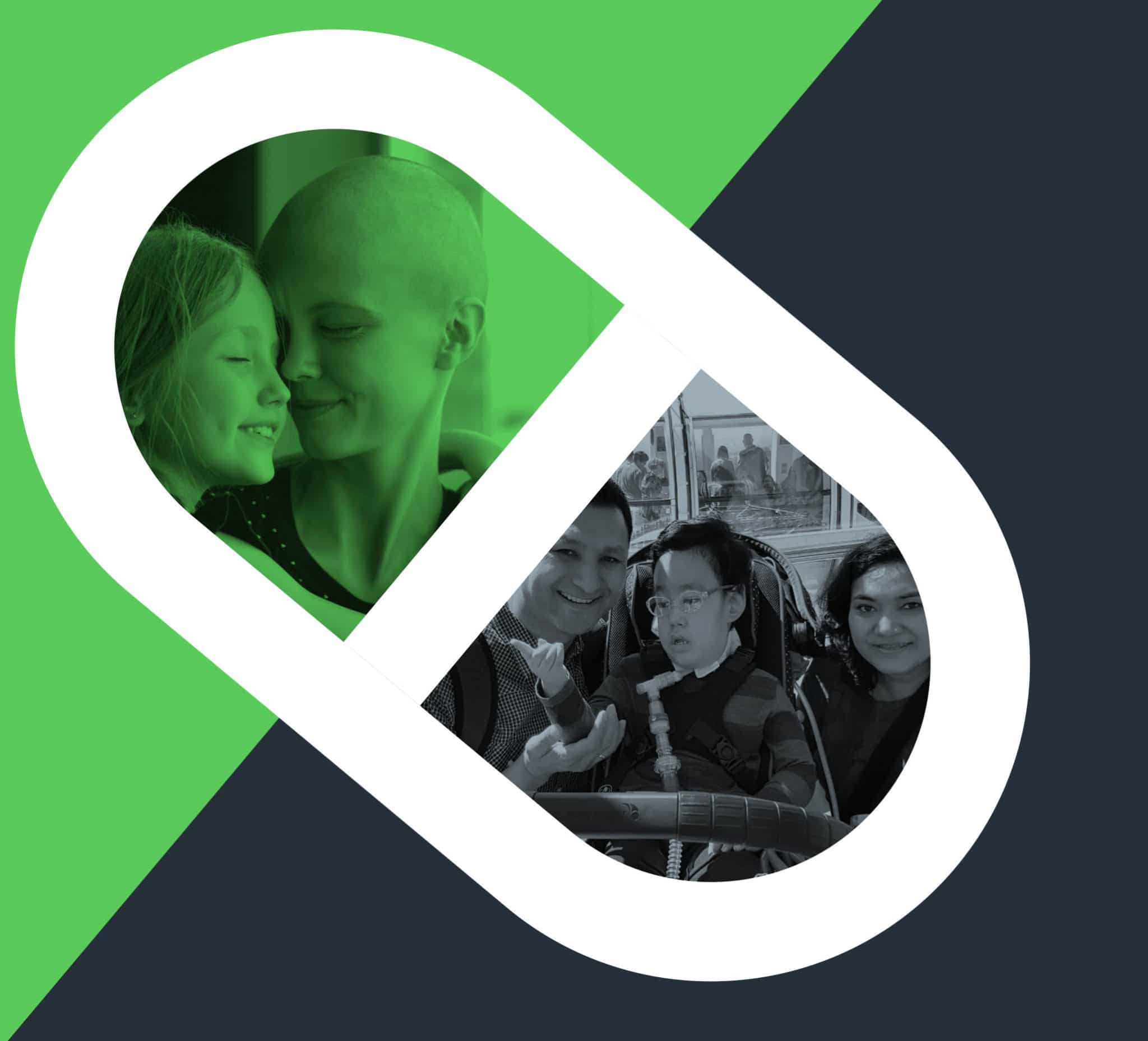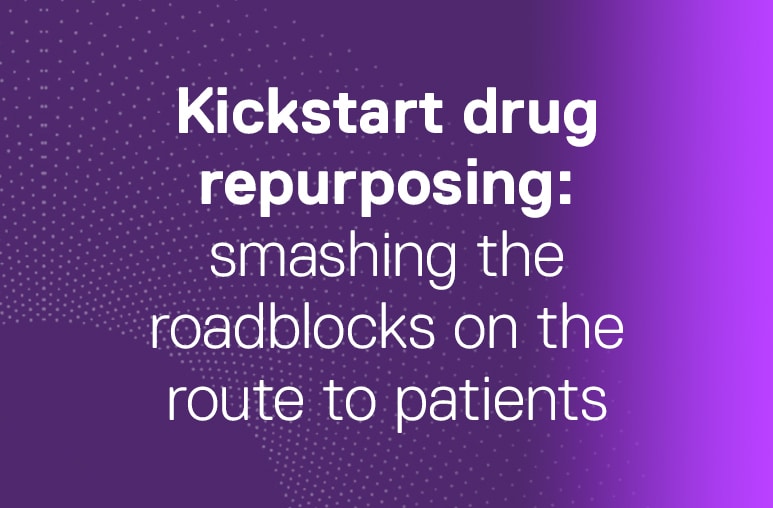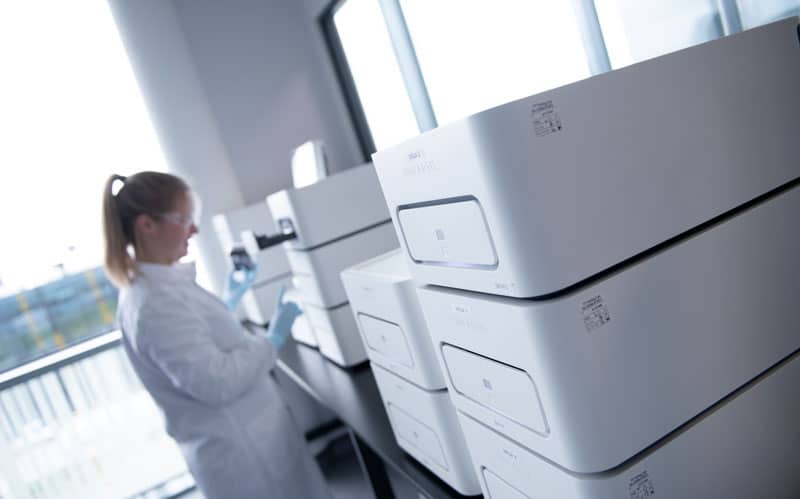Research teams and charities hoping to repurpose drugs for other – often rare and fatal – conditions can gain insights and practical tips from experts in the field from a publication launched today.
Drug repurposing has achieved a high profile during the coronavirus pandemic with medications such as the steroid dexamethasone and rheumatoid arthritis treatment tocilizumab being used to treat patients severely ill with COVID-19.
Now, medical research charity LifeArc and law firm Pinsent Masons have published the key lessons from a March seminar aimed at supporting charities, researchers and funders researching new uses for existing medicines.
Charities and patient groups seeking treatments for rare diseases are often particularly interested in the potential of new uses for drugs because they offer the possibility of lower overall costs and shorter timeframes for getting life-changing treatments to patients. Licensed medications also already have known safety profiles.
The guide, Repurposing medicines – the opportunity and the challenges (PDF – 7 MB), was launched at Findacure’s annual Drug Repurposing for Rare Diseases Conference 2021, which is being held virtually.
LifeArc CEO Dr Melanie Lee, CBE, says the guide will support charities and researchers to develop strategies that focus on potential drug repurposing aimed at treating diseases which currently have few effective therapies.
She said: “The pandemic has shown what is possible in the field of drug repurposing. However, we know that not–for–profits and researchers can be confused by the complex commercial and regulatory challenges that repurposing presents. We want to improve awareness of those challenges so that applications for repurposing proceed smoothly – making it more likely that life-changing medicines will reach patients in the clinic. That translational science is LifeArc’s area of expertise – ensuring that successful lab research results in new treatments or therapies for patients as quickly as possible.”

The document includes highlights of presentations from the Medicines and Healthcare products Regulatory Agency, Pinsent Masons, LifeArc and the British Generic Manufacturers Association. The guide also features input from the Association of the British Pharmaceutical Industry.
Commenting on Pinsent Mason’s involvement in this project, Nicole Jadeja, Life Sciences Partner at Pinsent Masons, said: “We are delighted to have partnered with LifeArc on this important project and hope that this will provide practical advice to help convert more repurposing projects into new treatments for patients. One thing that really stands out is how important collaboration is in delivering on the promise of repurposing and drawing upon the experiences of the wide range of stakeholders in the guide.”
Findacure CEO Dr Rick Thompson said: “In the world of rare diseases, millions of patients live with no treatment. Drug repurposing offers a quick, cheap, accessible and patient-friendly route to develop new treatments for rare diseases, and in recent years the field has grown steadily. However, we must address roadblocks – including a lack of financial incentive for industry and a lack of regulatory knowledge in academia. We can’t wait to get working with LifeArc to deliver change. COVID-19 has shown what can be achieved in repurposing with the right funding and government incentives. Now, those benefits must reach the world’s 350 million rare disease patients.”
The guide has a range of practical tips and advice for overcoming potential barriers including:
- seeking scientific advice from the regulator
- developing an intellectual property strategy
- collaborating with industry on drug repurposing opportunities
- taking steps to ensure medicines are made available to patients
Emphasising the need for treatments that can reach patients relatively quickly, the guide includes case studies of people with rare diseases who have benefitted from repurposed drugs. Sadly, it also tells the stories of people who have lost loved ones to diseases where no effective treatment was available but where a drug is now being repurposed as a possible treatment.
The case studies, which illustrate the potentially ‘game-changing’ benefits of finding new uses for existing medicines, examine:
- the successful repurposing of a drug called rapamycin which has transformed the lives of women with lymphangioleiomyomastosis (LAM)
- repurposing the breast cancer drug tamoxifen for treating X-linked myotubular myopathy, a rare neuromuscular disorder that mainly affects boys
- using a vertigo drug as a treatment for certain rare and devastating neurodegenerative diseases: Niemann-Pick type C (NPC), GM2 Gangliosidosis (Tay-Sachs and Sandhoff disease) and Ataxia Telangiectasia (A-T)
The guide also highlights the need to work in partnership with many different stakeholders, ensuring that the patient voice is at the heart of all opportunities.
Media contacts
Chris Mahony
Campus PR
07812692722
Chris@campuspr.co.uk
Surinder Maan
Communications Manager, LifeArc
07796270972
mediaoffice@lifearc.org




